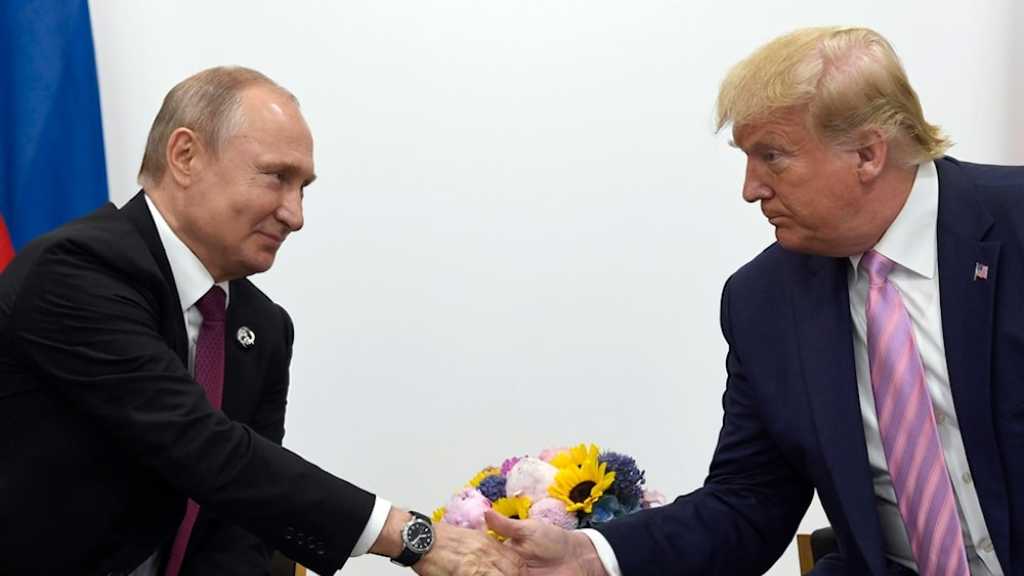US Weighs Less Ambitious Options in Afghan War

As President Barack Obama weighs his options for the Afghan war, some lawmakers and analysts are pushing more modest strategies that would require a smaller US force and rely more on drones.
The top commander of US and NATO forces in Afghanistan, General Stanley McChrystal, has warned Obama that without additional US troops, the NATO-led mission will face defeat at the hands of insurgents.
But skeptics in Congress and inside the administration are searching for alternatives to NATO's costly counter-insurgency campaign, saying the goal of countering Al-Qaeda militants might be achieved with a less ambitious approach.
Stephen Biddle, a senior fellow at the Council on Foreign Relations, told AFP: "There are a number of what might be called 'middle way' proposals that are circulating around,"
He added: "With Obama's fellow Democrats as well as Republicans in Congress increasingly "uncomfortable" with the direction of the war and growing public opposition, Biddle said: "There is lots of interest in somehow doing less."
One alternative would emphasize hunting down Al-Qaeda leaders with unmanned aircraft and Special Forces instead of building up troops in a village-by-village effort to shore up the Kabul government.
"Obama should narrow his objectives to the one that was stated in October 2001: to disrupt Al-Qaeda," said Malou Innocent, an analyst at the Cato Institute, a Washington think tank.
"A long-term, large-scale presence is not necessary to disrupt Al-Qaeda, and going after the group does not require Washington to pacify the entire country," she said.
"The broader population-centered insurgency approach, protecting Afghan villagers, that's a much broader, ambitious, open-ended military commitment, which American voters appear reluctant to endorse," she said.
Advocates of the "counter-terrorism" strategy say it would remove a large US force as a target for insurgent attacks and propaganda, as Washington could no longer be portrayed as an occupier.
Such an approach is already in place in Pakistan, where the United States has stepped up bombing raids against Al-Qaeda and Taliban targets with quiet help from Islamabad.
Relying on drones requires active cooperation from the Pakistani government, which provides vital intelligence and access to air bases.
If Islamabad were to withdraw that assistance, or if a government hostile to Washington took power, then the counter-terrorism strategy could be undermined, Biddle said.
Another alternative, championed by influential Senator Carl Levin, calls for concentrating on training and equipping Afghan security forces instead of sending a large number of additional troops.
A more radical alternative would call for withdrawing US troops altogether and treating the country like other "failed" states, retaining the option to carry out strikes against Al-Qaeda figures similar to a recent special forces' operation in Somalia.
Dropping the current strategy in Afghanistan would represent a dramatic break with US commanders and military doctrine shaped by the Iraq war. It would also mark an about-face from the administration's own policy that Obama announced shortly after he came into office in February.
Amid speculation McChrystal could soon formally request anywhere from 10,000 to 30,000 troops, hawkish voices on the right have demanded Obama act without delay to provide large numbers of troops.
Faced with an impatient military leadership, rising casualties and declining public support for the war, Obama faces difficult choices with no guarantee of success, said Biddle, part of a team of advisers who helped General McChrystal prepare his report to the president.
"There are no good options, there are lots of downsides and shortcomings in any available choice," he said.

Kremlin: No Preparations Yet for Trump-Putin Meeting
3 months ago


